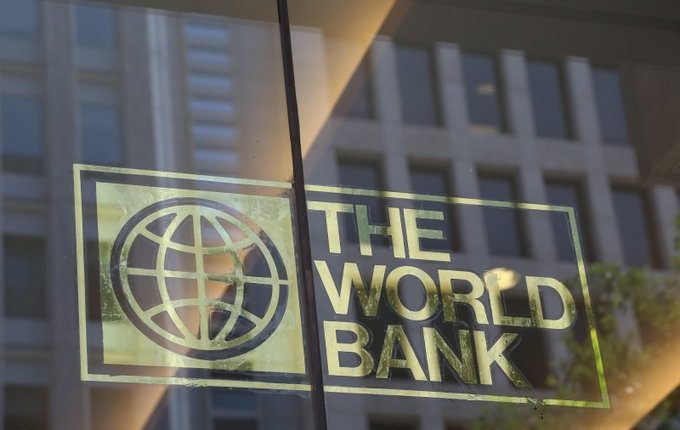Improving Georgia’s Agriculture Sector is Central to Sustainable Economic Growth, says New World Bank Report
TBILISI – Agriculture, water, and land in Georgia can be a source of increased economic productivity, including a transition from low agriculture returns to high-value crop production, if supported by targeted policies and complementary public and private investments, says a new World Bank synthesis report. “Agriculture, Water, and Land Policies to Scale Up Sustainable Agri-food Systems in Georgia” was launched today at an event hosted jointly by the Word Bank and the Government of Georgia.
The report summarizes the main constraints and opportunities facing Georgia in efforts to boost the contribution of the agriculture sector to economic growth, as well as its contribution to diversification, job creation, poverty reduction, food security, and climate resilience and mitigation. Successfully achieving these objectives requires an integrated set of multi-sectoral policies, which the Government of Georgia has already identified and prioritized by urgency and technical readiness.
“Years of focused policy interventions and investments in Georgia’s agriculture sector have started to bear fruit. In the past decade, the value of food production has increased sharply, with some export-oriented producers and agri-businesses successfully developing value chains, and showing that sustainable growth is feasible,” said Sebastian Molineus, World Bank Regional Director for the South Caucasus. “Agricultural competitiveness is crucial for Georgia’s sustainable economic growth, which means that it needs to invest in improving production, processing, compliance with international market standards, and efficiency of supply chains.”
The report emphasizes that resolving agriculture sector constraints is a necessary but insufficient condition for improving the sector’s performance. The availability and efficient use of water resources in a reliable, timely, and flexible manner for farmers is critical for the sector’s growth, while improved land management and administration are necessary for secure land ownership, as well as a sustainable and productive management of resources. Thus, simultaneous interventions will be required in addressing core sector constraints in Georgia’s water and land sectors, and the timing is even more urgent when factoring in increasing climate change variability and risks.
“The Government of Georgia has been implementing significant investment projects in the agriculture sector during recent years, and the international financial institutions have played a big role in this process, among them the World Bank, which is an important partner and with which we have had very fruitful cooperation for many years,” said George Khanishvili, First Deputy Minister of Environmental Protection and Agriculture of Georgia. “Amidst the current situation in the region, increased agricultural production is becoming ever more crucial for the country. Accordingly, the current and future engagement of the World Bank in the agriculture sector of Georgia is very important for the further growth and development of the entire economy of Georgia.”
This synthesis report builds upon the following sectoral notes that are available as research companion pieces: Constraints to sustainable, efficient, and resilient irrigation systems in Georgia–What is a Possible Way Forward?, Policy note on agricultural land market development in Georgia, and Climate Smart Agriculture Country Profile for Georgia.


Comments are closed.